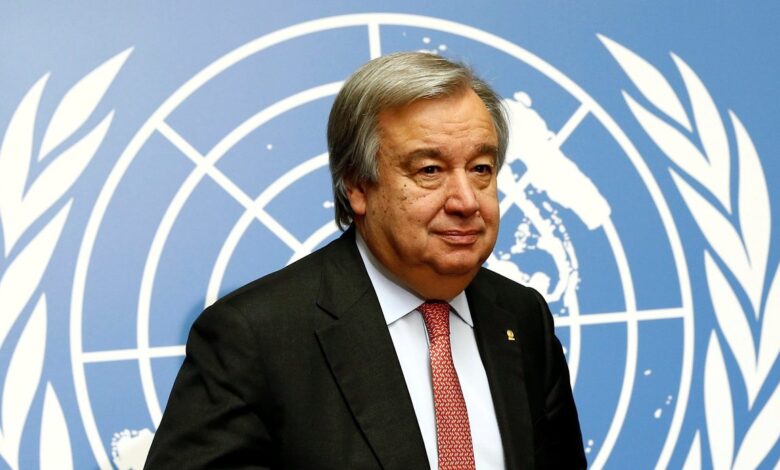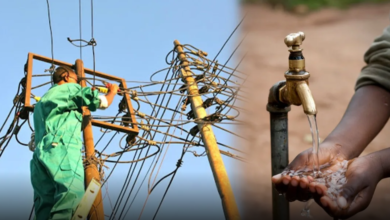
The United Nations (UN) is urging world leaders to take bold action to address a widening financing gap threatening the achievement of the Sustainable Development Goals (SDGs) as global leaders prepare to gather in Sevilla, Spain, this month for the Fourth International Conference on Financing for Development (FfD).
In a powerful op-ed titled “A Rescue Plan for Sustainable Development,” UN Secretary-General António Guterres warns that the world is falling dangerously short of delivering on promises made a decade ago. Two-thirds of SDG targets are off track, and developing countries are facing a shortfall of more than $4 trillion annually in the resources they need to meet them.
“This crisis is not abstract,” the Secretary-General wrote. “It is measured in families going to bed hungry, children going unvaccinated, and entire communities lacking basic services.”
The UN is calling for a three-pronged action plan to be adopted at Sevilla:
1. Fast-Track Financing to Developing Countries
The plan emphasizes that developing nations must be at the forefront of financing solutions. Domestic resource mobilization—through improved revenue collection and combating tax evasion, money laundering, and illicit financial flows—will be critical.
It also calls for tripling the lending capacity of national, regional, and multilateral development banks to unlock more capital on affordable terms. Special Drawing Rights (SDRs) from the International Monetary Fund should be re-channeled through development banks to multiply their impact.
The UN stressed the importance of unlocking private capital by reducing currency risk and improving public-private finance mechanisms.
2. Fixing the Broken Global Debt System
The global borrowing system, described as “unfair and broken,” needs urgent reform. Developing nations are now spending over $1.4 trillion annually servicing debt—more than many spend on healthcare and education combined.
Proposals from several countries include:
-
Easier debt service suspension during emergencies,
-
A single global debt registry to boost transparency, and
-
Improved debt risk assessment frameworks by institutions like the IMF and credit rating agencies.
3. Elevating the Voice of Developing Countries
The op-ed also calls for reforming the governance of international financial institutions to give developing countries more say. It urges the creation of a global tax system shaped by all nations—not just the wealthiest—and supports the idea of a “borrowers’ club” to allow coordinated action among debtor nations.
A Call for Justice, Not Charity
Guterres stressed that Sevilla is not about charity but about fairness and shared prosperity: “A future of haves and have-nots is a recipe for greater insecurity and slowed global progress.”
The Sevilla meeting is expected to chart a course for renewed global cooperation, rebuild trust in multilateral institutions, and set a clearer financial path to meet the 2030 Agenda.
As the Secretary-General concluded, “In Sevilla, leaders must act together to make this rescue mission a success.




